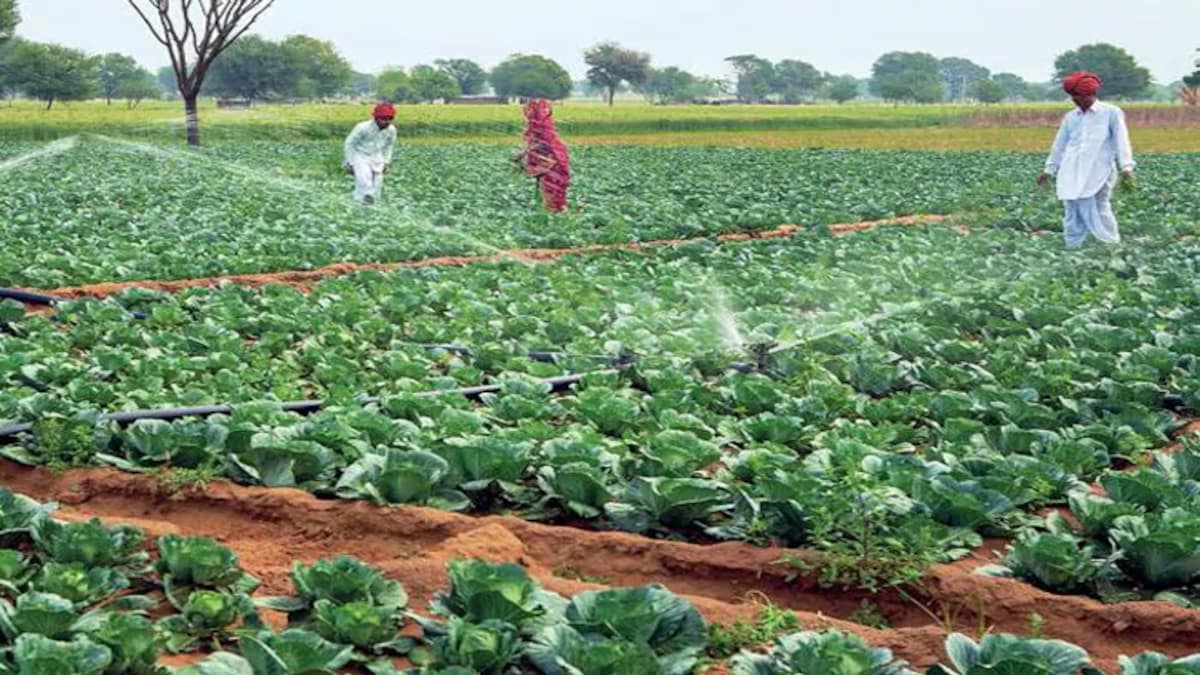Agricultural Education Expansion in India

The Indian government has outlined the current landscape of agricultural education in the country, highlighting the role of state governments in establishing agricultural universities and colleges. In a recent Lok Sabha session, Minister of State for Agriculture and Farmers Welfare, Shri Bhagirath Choudhary, provided insights into the Indian Council of Agricultural Research (ICAR) initiatives and the growth of private agricultural institutions. Notably, there are no plans to open a new agricultural school in Sirohi district, although a Krishi Vigyan Kendra (KVK) is operational there to support local farmers.
State Control Over Agricultural Education
Agricultural education in India is primarily governed by state governments, which establish universities and colleges based on regional needs. This decentralized approach allows states to tailor their agricultural education systems to local agricultural practices and requirements. The ICAR has developed the ‘ICAR Model Act (Revised 2023)’ to standardize higher agricultural education across the nation. This act outlines the minimum requirements for establishing agricultural colleges, ensuring that institutions meet specific educational standards.
The ICAR’s role is mainly to provide accreditation to agricultural colleges and universities, which is crucial for maintaining educational quality. Over the past five years, the number of private accredited agricultural colleges in India has surged from five in the 2020-21 academic year to 22 for the 2024-25 academic year. This increase reflects a growing interest in agricultural education and the establishment of private institutions to meet the rising demand.
No New Agricultural School in Sirohi
Despite discussions about expanding agricultural education, there are currently no proposals to establish a new agricultural school in Sirohi district. However, the district is served by one Krishi Vigyan Kendra (KVK), which focuses on skill development training for farmers and local youth. The KVK plays a vital role in enhancing agricultural practices and providing essential training to improve productivity and sustainability in farming.
The absence of a new agricultural school highlights the need for state governments to assess local educational needs continually. While the establishment of new institutions can be beneficial, existing facilities like KVKs are crucial for immediate community support and development.
Growth of Private Agricultural Colleges
The landscape of agricultural education in India is evolving, with a notable increase in private agricultural colleges. The ICAR’s accreditation process has facilitated this growth, allowing private institutions to offer quality education in agriculture. The rise from five to 22 accredited private colleges in just five years indicates a significant shift towards privatization in agricultural education.
State governments are encouraged to develop policies that promote the establishment of private universities and colleges. This trend not only diversifies educational options for students but also enhances competition, potentially leading to improved educational standards across the board.
The expansion of private agricultural colleges is expected to contribute positively to the agricultural sector by producing a skilled workforce equipped to tackle contemporary agricultural challenges. As the demand for agricultural education continues to rise, the collaboration between state governments and private institutions will be crucial for fostering innovation and growth in the sector.
Observer Voice is the one stop site for National, International news, Sports, Editor’s Choice, Art/culture contents, Quotes and much more. We also cover historical contents. Historical contents includes World History, Indian History, and what happened today. The website also covers Entertainment across the India and World.
Follow Us on Twitter, Instagram, Facebook, & LinkedIn

